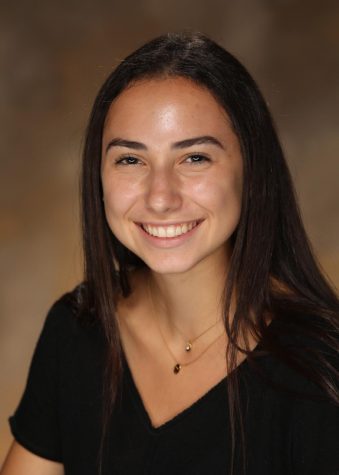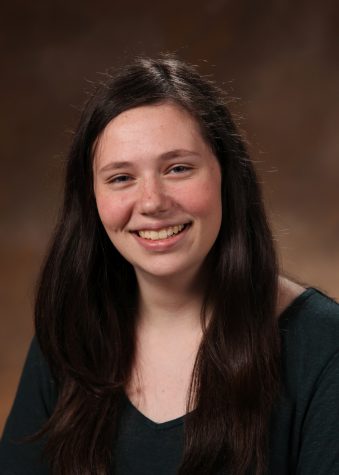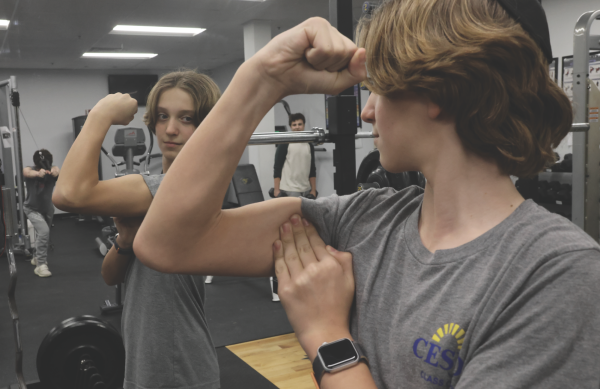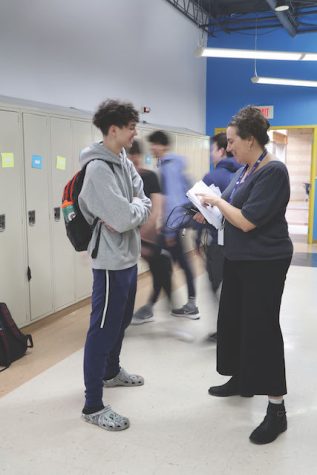Mind over matter: Psychology offers glimpse of human behavior
September 26, 2017
Come December, tri-fold boards will decorate the shelves of the Levitt Library, each one portraying a different mental illness and listing several celebrities that might have it. Seniors are able to participate in this project if they choose to take psychology, a semester-long course in human behavior.
For over 17 years, CESJDS has offered psychology as a senior elective. The class offers a basic introduction to the human mind and actions. The course covers multiple methods and approaches to psychology and discusses the concepts of nature versus nurture, genes versus the environment, culture’s impact on identity, sleep and dreams, personality formation and mental health.
History teacher Natalie Levitan serves as the psychology teacher, and has taught the course for about 12 years, nonconsecutively. While she does not hold a degree in psychology, Levitan began college as a psychology major, but later switched to education and history.
When Levitan applied to be a teacher at JDS, the administration noticed her interest in psychology on her resume and asked her to fill the vacant spot.
Levitan often begins class by presenting a slideshow, as students take notes. Students then complete group work on Google Classroom.
Senior Naomi Flores appreciates the time to collaborate with other students.
“We get a lot of ideas from other people, and you can share your own,” Flores said.
Throughout the course, Levitan periodically brings in “panel speakers,” teachers or parents of students who are willing to discuss development patterns that they saw in their own children. Towards the end of the course, Levitan also hosts a therapist panel in which students can hear from a professional about their careers and the steps they took to get there.
Psychology is generally a project-based class. It includes three essays: one on dreams, one on personality and one on morality. There are also three major group projects. According to Levitan, these projects help students develop “life skills,” as they learn to understand how humans interact with each other.
Both Flores and senior Brooke Cohen are looking forward to the unit on dreams, in which they will look at different theories of why humans dream. During this unit, the students are encouraged to keep dream journals, so that they can look at a series of their own dreams and try to determine which theory applies to their own dreams.
According to Flores, while other sciences may focus on what makes up human biologically, psychology focuses on the mind, something that other fields do not offer the opportunity to study. Senior Brooke Cohen also appreciates the relevance of psychology to everyday life and actions.
“It’s human behavior,” Cohen said. “It’s not math, not science, it’s something you experience every single day, every single second.”
Even though the JDS psychology course is only a semester-long, both Cohen and Flores consider the overview of psychology to be worthwhile.
“There’s a lot of misconceptions people have about the field of psychology and about behavioral things, and with mental illness.” Flores said, “I think it’s important to have an understanding behind it.”

















